Hannibal (2013)
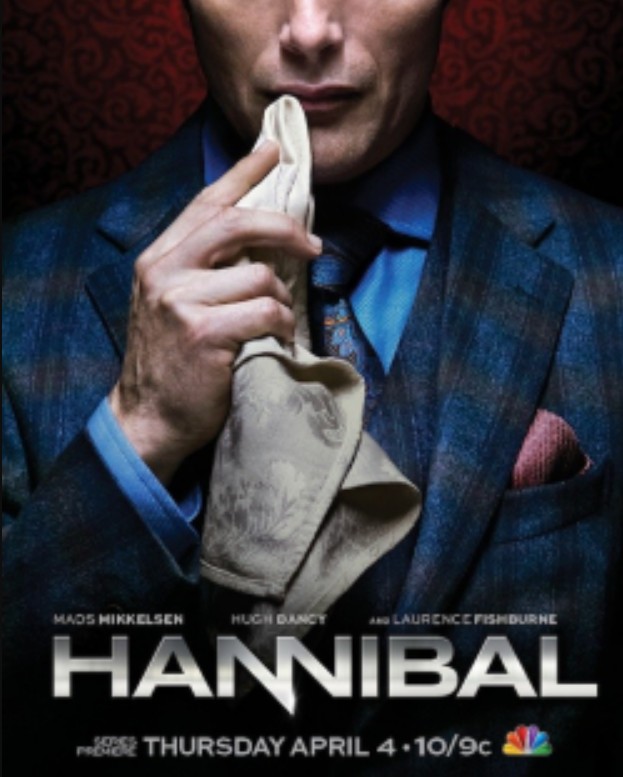
“Hannibal,” directed by Ridley Scott, is a psychological horror-thriller that serves as a sequel to “The Silence of the Lambs.” Set several years after the events of the previous film, the story revolves around the notorious psychiatrist and cannibalistic serial killer, Dr. Hannibal Lecter, portrayed by Anthony Hopkins. After escaping custody and fleeing to Europe, Lecter has assumed a new identity and lives a cultured life in Florence, Italy.
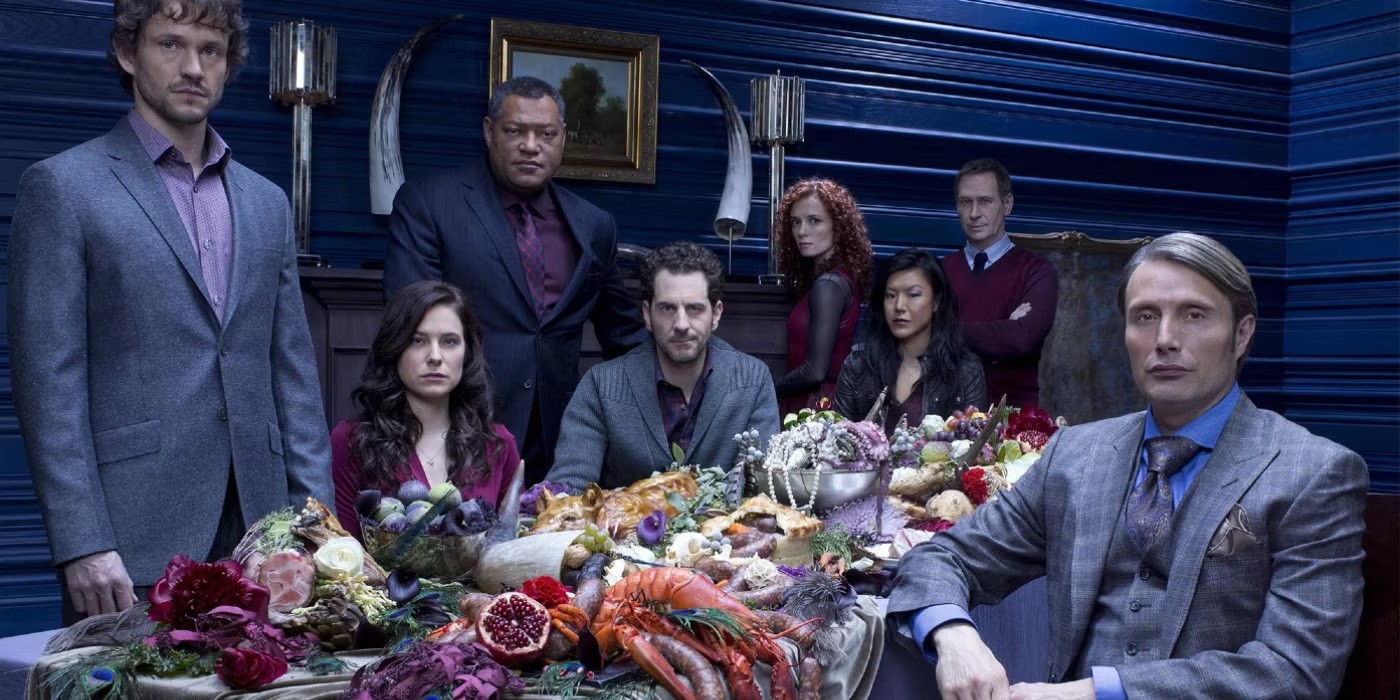
The film introduces FBI special investigator Clarice Starling, played by Julianne Moore, who is still haunted by her previous encounters with Lecter. She is drawn back into the world of criminal psychology when a series of gruesome murders linked to Lecter begins to unfold. Meanwhile, a wealthy and vengeful victim of Lecter, Mason Verger, portrayed by Gary Oldman, seeks to capture the doctor and exact his revenge for the horrific mutilation he suffered at Lecter’s hands.
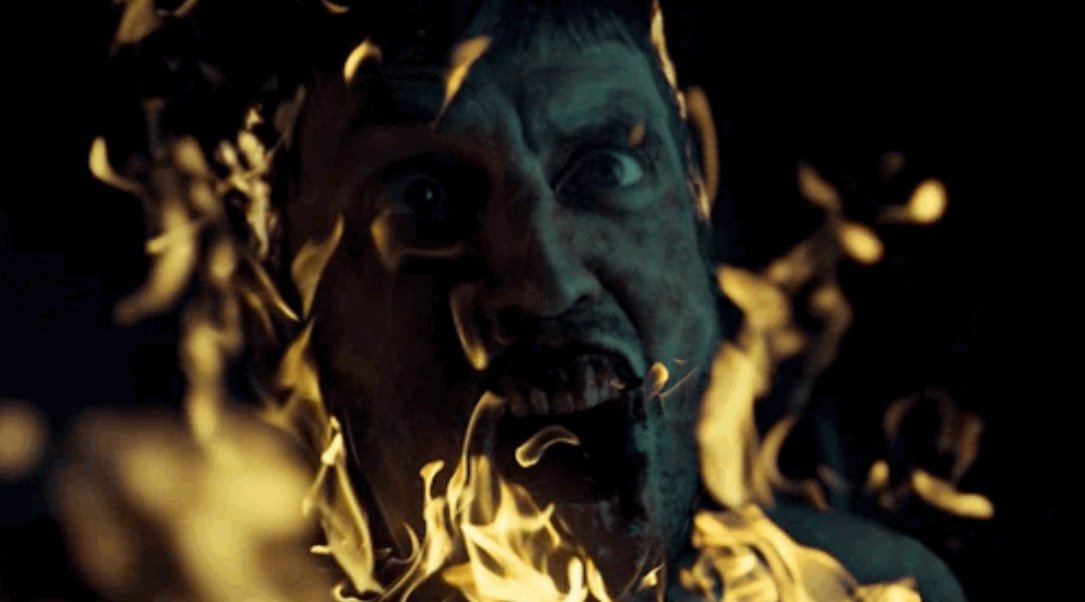
As Starling delves deeper into the case, she finds herself entangled in a cat-and-mouse game with Lecter, who manipulates events from the shadows. Their complex relationship is marked by a disturbing blend of respect and horror, as Starling is both repelled by and fascinated with Lecter’s intellect and charm.
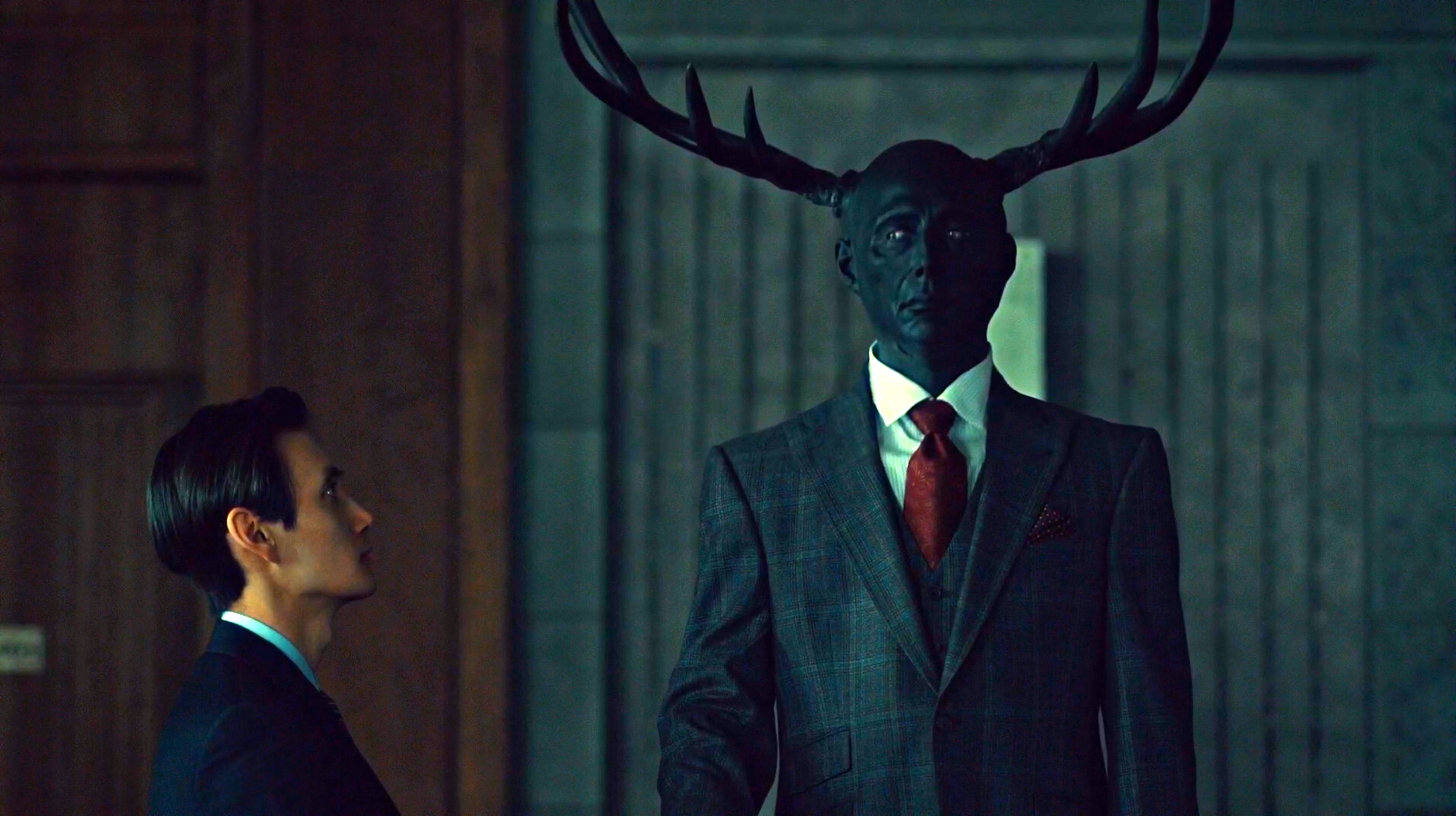
The film escalates into a tense confrontation between Starling, Lecter, and Verger, culminating in a shocking and violent climax that challenges Starling’s moral convictions and her pursuit of justice. “Hannibal” explores themes of obsession, morality, and the nature of evil, showcasing Lecter’s cunning and charisma while examining the psychological toll on those who confront him.
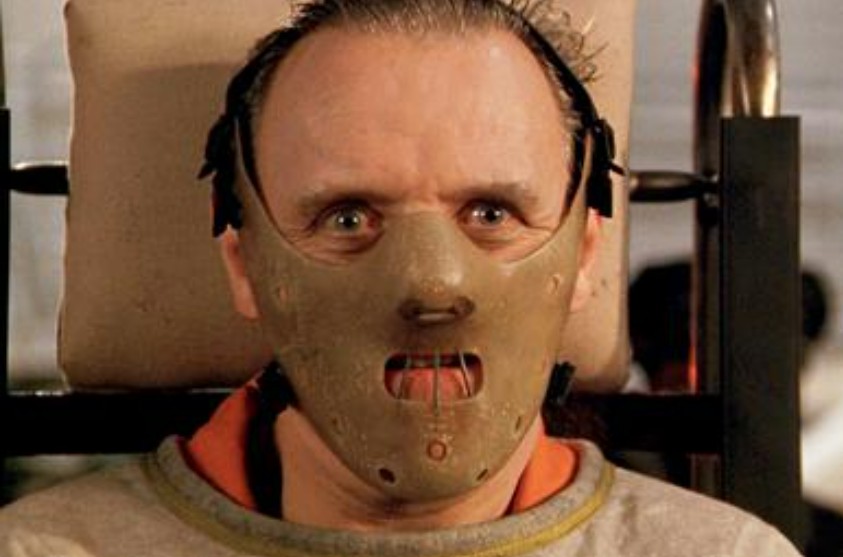
With its rich cinematography, unsettling atmosphere, and complex characters, “Hannibal” is a chilling exploration of the mind of one of cinema’s most iconic villains and the lasting impact of trauma on those who seek to confront him.










